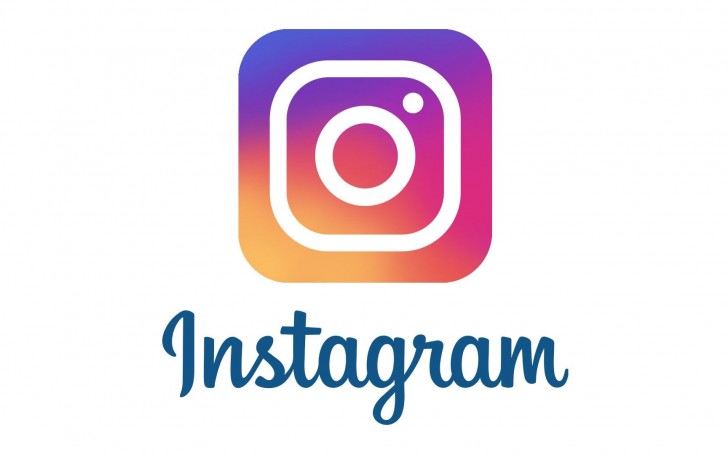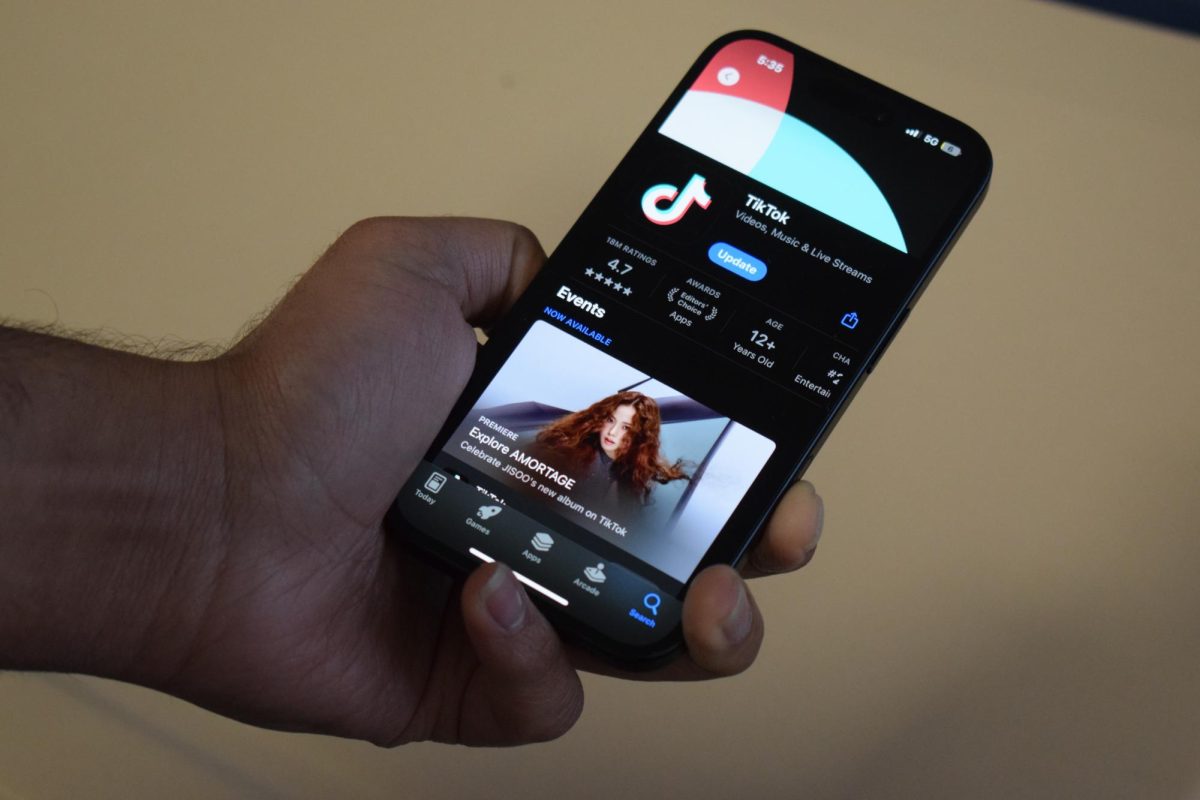In July, Instagram made an announcement about the new changes to the platform to protect minors.
For years, the social media app has faced criticism for not doing anything to protect kids from bullying and predators on the app.
Meta (Facebook) said that they will change their advertisement policy to reduce ads targeted to teenagers or minors. The minimum age for the app is 13, however it is not uncommon for children under 13 to make an account.
“I didn’t download Instagram until high school. I would feel being under 13 is a little too young to be on Instagram alone,” said Hannah Bitonio ’23.
These minors are susceptible to predators and bullying. Advertisers on both Facebook and Instagram will now be only able to use gender age and location to target ads to minors.
Users under the age of 16 will automatically have a private account in which a selected group of people can view posts and stories. Facebook said, “ 80 percent of teenagers on the app will have a private account.”

In addition, a new system has been added to stop accounts from “suspicious behavior” such as bullying or predatory behavior to being unable to interact with users under the age of 18.
Lawmakers and parents have been in the process of protecting minors on the app for years. A bill has been proposed with bipartisan support, the Children and Teen’s Protection Online Privacy Protection Act will ban advertising to children under the age of 15 and will require consent to receive information.
Furthermore, Facebook has been designing an Instagram for kids under the age of 13 which has been opposed by several parties including attorney generals from 44 states as well as 35 different coalition groups protecting the safety of minors. Critics of the new platform for kids and Instagram, in general, have done research showing that social media has led to mental distress and body image issues.
The vice president of youth products from Facebook, Pavni Diwangi said the company was using artificial intelligence to verify users’ ages. The app sends birthday messages to verify the birth date.
“I hope it works as intended, and I hope that they monitor and make sure it’s working as intended and needed. It’s a good step for Instagram. The control over the content being seen by teens like body image, adult content, etc. It’s a baby step.”
Children’s brains aren’t fully developed, leading to bad decisions or not knowing how to handle situations, which is why parents believe social media platforms need to keep adding more features like this.








